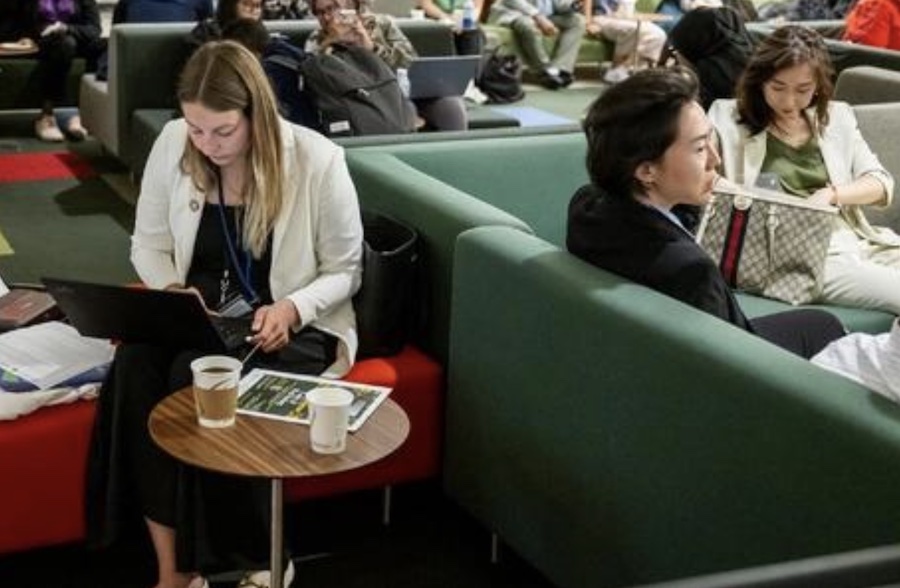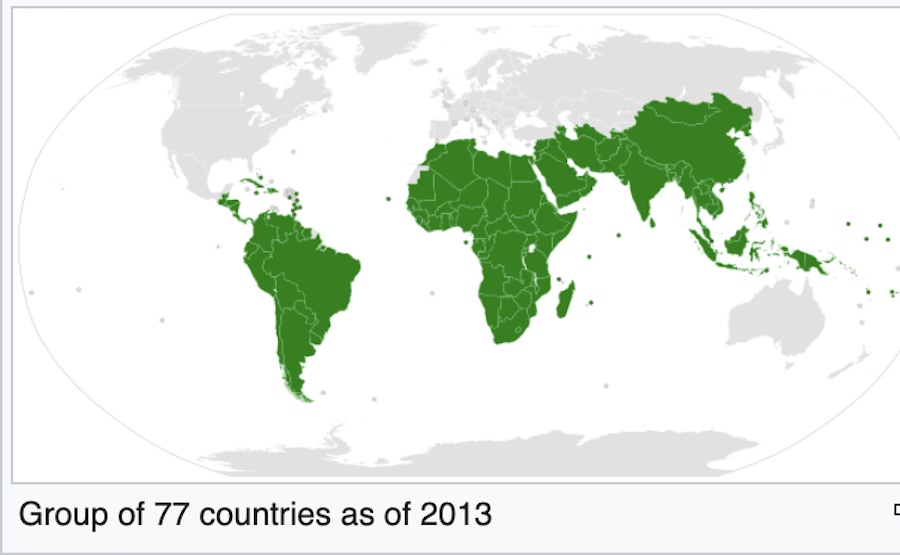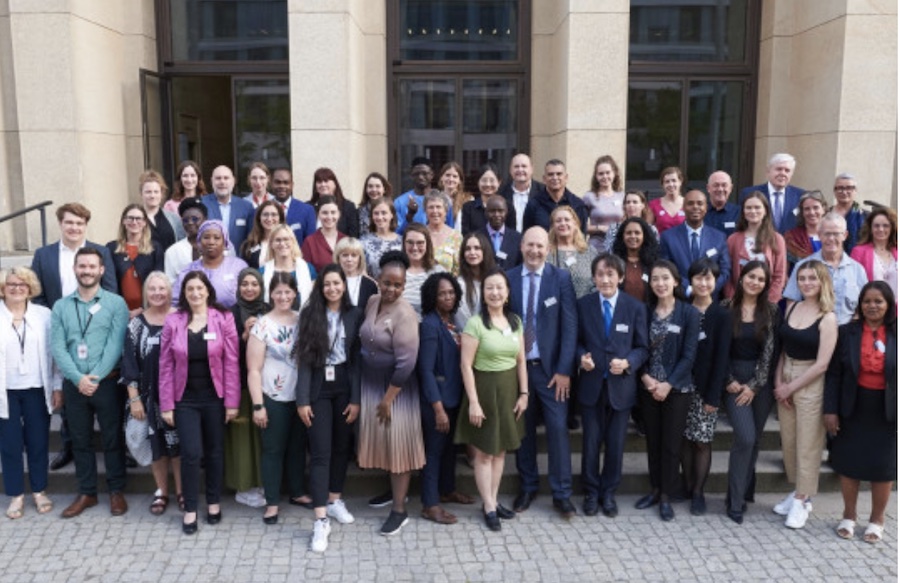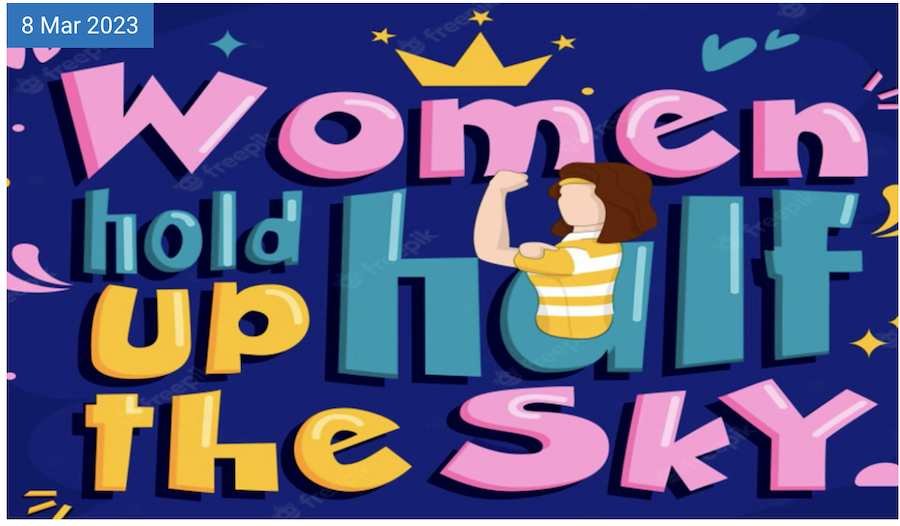DISARMAMENT AND SECURITY .
Data from UN document of A/77/L.74 and Meeting coverage of 79th Meeting of GA 77th Session
The UN General Assembly adopted without a vote this year’s resolution for the culture of peace, presented as usual by the delegation of Bangladesh.
The resolution was sponsored by the following countries: Angola, Argentina, Armenia, Austria, Azerbaijan, Bahrain, Bangladesh, Belarus, Bosnia and Herzegovina, Brunei Darussalam, Cambodia, Canada, China, Dominican Republic, Equatorial Guinea, Gambia, Germany, Honduras, Hungary, India, Jordan, Kazakhstan, Kiribati, Mauritania, Morocco, Nepal, Nicaragua, Pakistan, Qatar, Russian Federation, Singapore, Slovenia, Spain, Sri Lanka, Thailand, Tunisia, Turkmenistan, United Republic of Tanzania, Vanuatu and Venezuela.

Photo from BNN
Following 40 preambular paragraphs which among other things recognized “the importance of the Declaration and Programme of Action on a Culture of Peace, adopted by the General Assembly on 13 September 1999,” the resolution included the following 21 operative paragraphs:
1. Reiterates that the objective of the effective implementation of the Programme of Action on a Culture of Peace is to strengthen further the global movement for a culture of peace, and calls upon all concerned to renew their attention to this objective;
2. Invites Member States to continue to place greater emphasis on and expand their activities promoting a culture of peace at the national, regional and international levels and to ensure that peace and non-violence are fostered at all levels;
3. Invites the entities of the United Nations system, within their existing mandates, to integrate, as appropriate, the eight action areas of the Programme of Action into their programmes of activities, focusing on promoting a culture of peace and non-violence at the national, regional and international levels;
4. Commends the United Nations Educational, Scientific and Cultural Organization for strengthening efforts to mobilize all relevant stakeholders within and outside the United Nations system in support of a culture of peace, and invites the Organization to continue to enhance communication and outreach, including through the culture of peace website;
5. Commends the practical initiatives and actions by relevant United Nations bodies, including the United Nations Children’s Fund, the United Nations Entity for Gender Equality and the Empowerment of Women (UN-Women) and the University for Peace, as well as their activities in further promoting a culture of peace and non-violence, in particular the promotion of peace education and activities related to specific areas identified in the Programme of Action, and encourages them to continue and further strengthen and expand their efforts;
6. Stresses the importance of addressing the underlying drivers of violence and conflict to promote a culture of peace;
7. Encourages Member States, United Nations entities and other relevant actors to adopt a holistic approach to the cross-cutting dimensions of peace, development, humanitarian action and human rights in order to prevent the recurrence of conflict and build lasting peace;
8. Underlines that early childhood development contributes to the development of more peaceful societies through advancing equality, tolerance, human development and promoting human rights, and calls for investment in early childhood education, including through effective policies and practices, towards promoting a culture of peace;
(Article continued in right column)
(Click here for a version of this article in Spanish or click here for a version in French)
Question for this article:
What is the United Nations doing for a culture of peace?
(Article continued from left column)
9. Encourages Member States, United Nations entities, regional and subregional organizations and relevant actors to consider instituting mechanisms to involve youth in the promotion of a culture of peace, tolerance and intercultural and interreligious dialogue and develop, as appropriate, an understanding of respect for human dignity, pluralism and diversity, including, as appropriate, through education programmes, that could discourage their participation in acts of terrorism, violent extremism as and when conducive to terrorism, violence, xenophobia and all forms of discrimination;
10. Encourages the United Nations Alliance of Civilizations to increase its activities that focus on peace education and global citizenship education in order to enhance an understanding among young people of values such as peace, tolerance, openness, inclusion and mutual respect, which are essential in developing a culture of peace;
11. Encourages the United Nations peacebuilding architecture to continue to promote peacebuilding and sustaining peace activities, as outlined in its resolutions 72/276 and 75/201, and to advance a culture of peace and non-violence in postconflict peacebuilding efforts at the country level, and recognizes the important role of the Peacebuilding Commission in this regard;
12. Emphasizes the critical importance of an inclusive, resilient and sustainable recovery from the COVID-19 pandemic, and in this regard calls upon States to promote the values of a culture of peace, inter alia, in countering rising inequalities, discrimination, exclusion, hate crimes and violence;
13. Urges the appropriate authorities to provide age-appropriate education in children’s schools that builds a culture of peace and non-violence, including lessons in mutual understanding, respect, tolerance, active and global citizenship and human rights;
14. Encourages the involvement of media, especially the mass media, in promoting a culture of peace and non-violence, with particular regard to children and young people;
15. Commends civil society, non-governmental organizations and young people for their activities in further promoting a culture of peace and non-violence, including through their campaign to raise awareness on a culture of peace and the peaceful settlement of disputes;
16. Encourages civil society and non-governmental organizations to further strengthen their efforts to promote a culture of peace, inter alia, by adopting their own programme of activities to complement the initiatives of Member States, the United Nations system and other international and regional organizations, in line with the Declaration and Programme of Action;
17. Invites Member States, all entities of the United Nations system and civil society organizations to accord increasing attention to their observance of the International Day of Peace on 21 September each year as a day of global ceasefire and non-violence, in accordance with its resolution 55/282 of 7 September 2001, and of the International Day of Non-Violence on 2 October, in accordance with its resolution 61/271 of 15 June 2007;
18. Requests the President of the General Assembly to consider convening a high-level forum, as appropriate and within existing resources, devoted to the implementation of the Programme of Action on the occasion of the anniversary of its adoption, on or around 13 September, and requests the Secretariat to provide required logistical support for its effective organization within their respective mandates and existing resources;
19. Invites the Secretary-General, within existing resources, in consultation with the Member States and taking into account the observations of civil society organizations, to explore mechanisms and strategies, in particular strategies in the sphere of information and communications technology, for the implementation of the Declaration and Programme of Action and to initiate outreach efforts to increase global awareness of the Programme of Action and its eight areas of action aimed at their implementation, including through public information activities by the Department of Global Communications of the Secretariat;
20. Requests the Secretary-General to submit to the General Assembly at its seventy-ninth session a report, within existing resources, on actions taken by Member States, on the basis of information provided by them, and those taken system-wide by all concerned entities of the United Nations to implement the present resolution;
21. Decides to include in the provisional agenda of its seventy-eighth session the item entitled “Culture of peace”.
Following the presentation by Bangladesh, the resolution was welcomed by Brunei Darussalam, speaking for the Association of Southeast Asian Nations (ASEAN), by Venezuela, speaking on behalf of the Group of Friends in Defence of the Charter of the United Nations, by Barbados, speaking on behalf of the Caribbean Community (CARICOM). Other speakers were from Syria, Malaysia, Morocco, United Arab Emirates, Equatorial Guinea and Iran, and an exchange of criticisms between Armenia and Azerbaijan.









